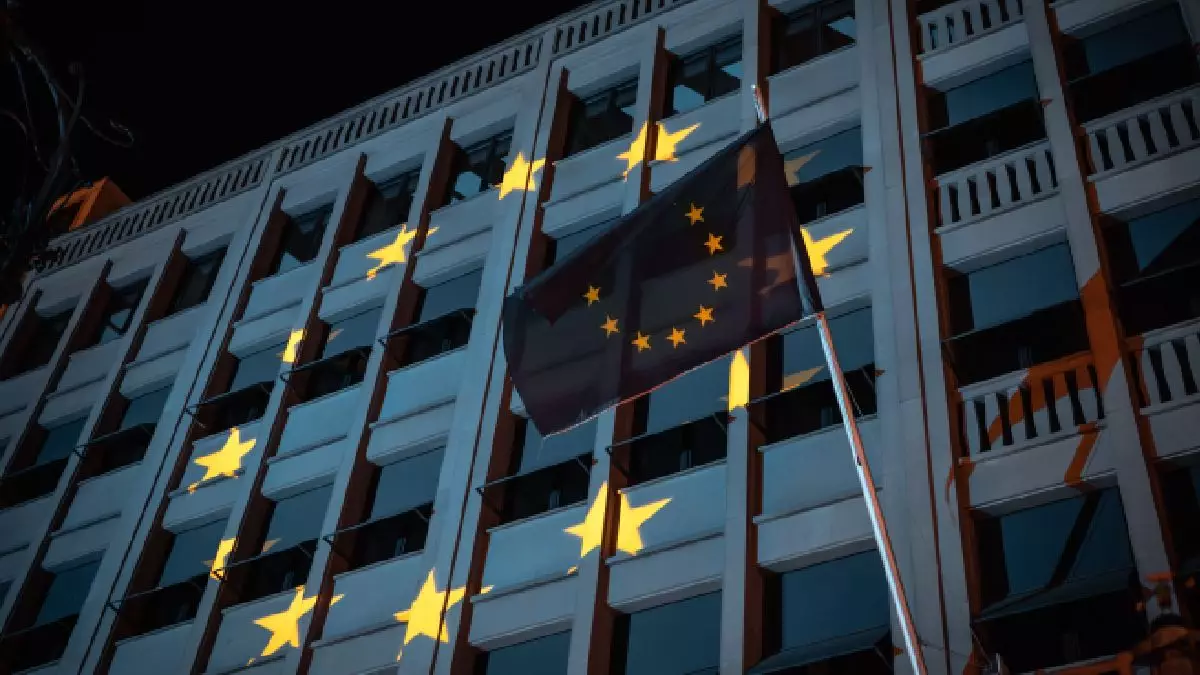The European Union (EU) is taking a firm stance on regulating crypto-related activities to prevent criminals from exploiting virtual digital assets (VDAs) for illicit purposes. The European Banking Authority (EBA) has recently introduced a ‘travel rule’ that mandates crypto firms to store transaction details on their platforms to combat money laundering and terror financing.
Under the new guidelines, crypto firms operating in the EU must maintain records of both payers and beneficiaries for every transaction that takes place on their platforms. This regulation aims to create a traceable trail of transactions, reducing the likelihood of these funds being used for illegal activities without being traced back to the perpetrators.
The EBA has made it clear that compliance with the travel rule is mandatory for all crypto firms within the EU region. Failure to adhere to this regulation and disclose transaction details could result in legal action against non-compliant businesses. Any firm seeking an exemption from this rule must provide valid reasons that will be evaluated by the regulatory authorities.
Crypto firms involved in financing activities are required to revise their policies to align with the EBA’s travel rule, which mirrors similar regulations already in place for the traditional banking sector. The comprehensive guidelines are set to be enforced starting December 30, aiming to create a safer environment for investors while cracking down on crypto exploiters.
The EBA is collaborating with EU policymakers to establish a solid legal framework for the volatile and financially risky crypto sector. This initiative is designed to provide a safer space for investors to explore crypto assets without jeopardizing the EU’s financial stability. The EU’s Markets in Crypto Assets (MiCA) rules, approved in October 2022, aim to protect consumers, prevent market manipulation, and combat financial crimes linked to digital assets within the EU.
Overall, the EU’s enhanced regulations on crypto assets reflect a proactive approach towards fostering transparency, accountability, and integrity within the crypto industry. By imposing stricter rules and ensuring compliance, the EU is sending a clear message that it is committed to safeguarding its financial system from illicit activities associated with virtual digital assets.



Leave a Reply